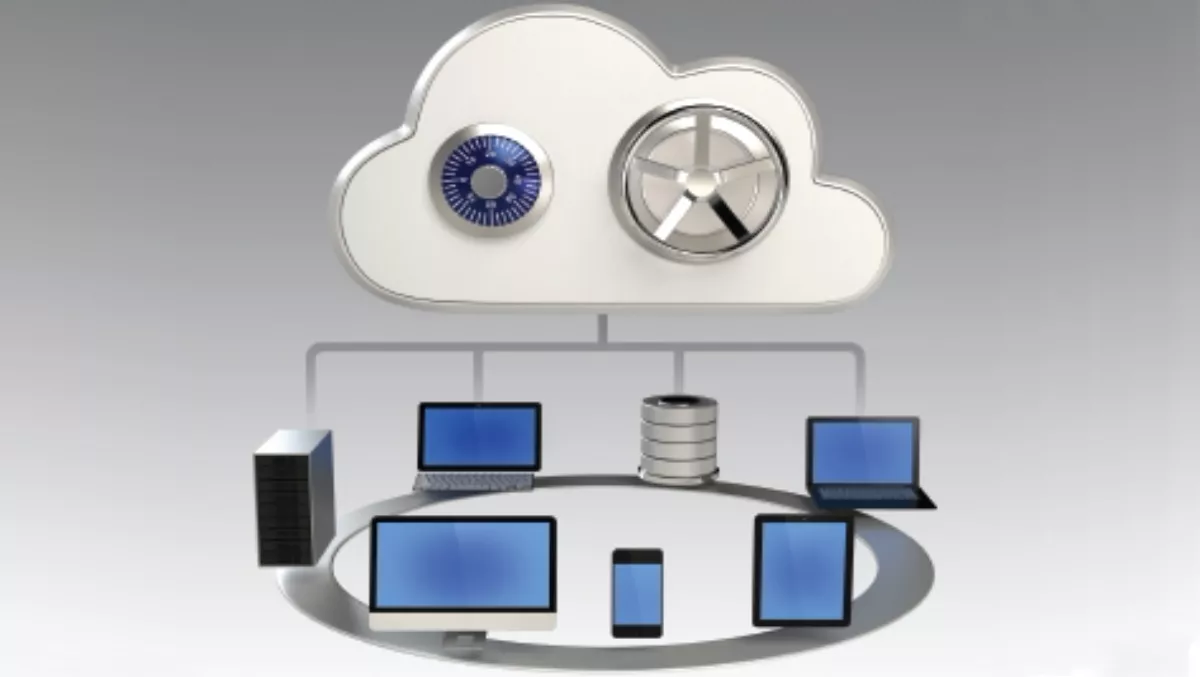
Backup: changing consumption, changing solutions
Backing up to cloud seems a logical move. But New Zealand companies taking the cloud backup route are being encouraged to think about the recovery side, not just backup, as Heather Wright discovers.
Of all the areas where cloud seems a logical business proposition, backup must be near the top.
Afterall, storing your business information off premises makes business sense: in the event of a natural disaster or fire, having your data in the cloud means you can be back up and running as soon as you have internet access again.
But backup isn't just about backing up the data – it's about the recovery of data if required, as well. While it sounds obvious, backup experts say many customers still aren't considering the recover side of their backup systems, particularly on the cloud front. And they're warning that when the time comes and a customer needs to restore the backed up data, many will be caught short.
Adam Dodds, IDC New Zealand IT services research manager, says egress remains the core consideration in adopting cloud solutions and cloud backup.
"It's fine to have something offsite, but the challenge is the amount of time that it will take to repatriate the information back to the business when needed.
"There's always going to be value in local geographical cache.
"As services evolve and organisations use more public cloud and services such as software-as-a-service and platform-as-a-service, local cache still remains important.
Ian Forrester, general manager of New Zealand business continuity and disaster recovery specialist Plan B, likens cloud backup to a toll road.
"The further the data has to go the more you will pay," he says. So if you're getting off at the first exit, it might be $1, but if you're getting off 10 exits down the road, it might be $10. And the more cars – that'll be the data – you have, the more expensive it gets.
"So [with backup] it's not just the cost of the storage, it's the cost of getting it there and back. And New Zealand is a long way from the rest of the world.
Like Dodds, he notes that the time to get data there and back also needs to be considered by companies looking at cloud backup.
He cites the example of one company backing up data to a Singapore service, and claims its first backup took four years and seven months.
"Download speeds are typically faster, so it will take a little less time to get it all back, but unless you have a dedicated link with immense capacity...
Forrester says for data that isn't accessed often and which isn't time critical, cloud backup 'is not a bad option'.
"But if recovery time is important, customers should be looking at locally hosted or on-premise.
Commercial play Dodds notes that 'pretty much everyone [is offering] cloud backup nowadays – network providers, public cloud providers and IT service providers'.
And while it's a given that not all providers are equal, Dodds says a key differentiator companies looking to move to the cloud should now consider is the payment options.
"A key thing is making sure businesses are aware of the different commercial structures and service level agreements.
"There are some interesting solutions evolving in the market that are reflective of different ways of consuming backup," he says. "For example, paying based on restored data, rather than the total data stored over time.
Dodds says organisations are becoming a lot clearer on the benefits cloud solutions are able to bring to the way businesses operate.
"This clarity is formed through maturity with regards to the business requirements, the value of information and the overall strategy of the business, eg, new market.
He notes that 78% of businesses say they are using between two and five cloud services today and that 'from one seat onwards, organisations have an awareness, interest and appetite to buy both backup and security based services'.
"Cloud backup is a strong proposition in the market today. Storing your business information off premises is sound. It has solved the problems of tape-based solutions."


